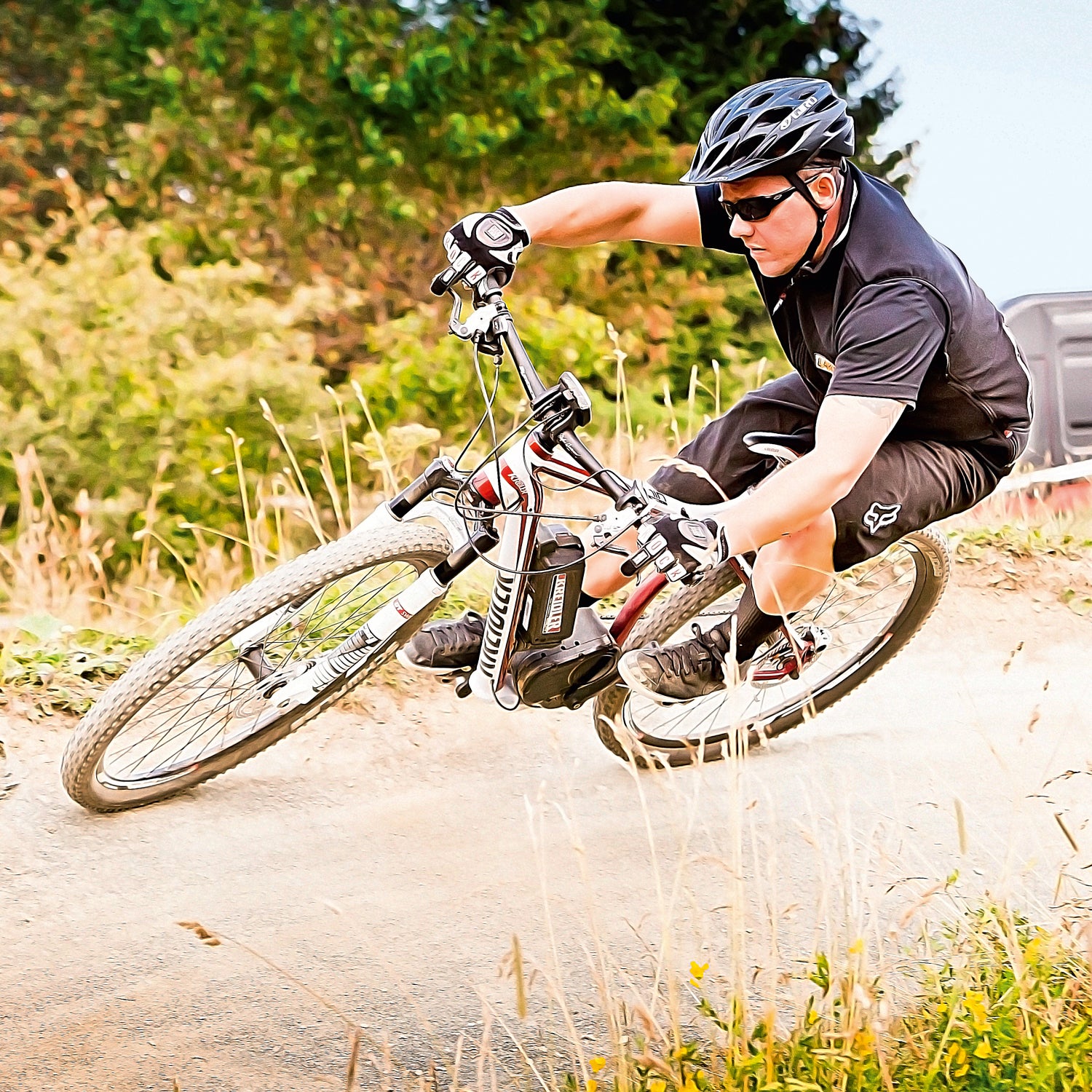The (IMBA) announced Tuesday that it will study the impacts of electric-powered mountain bikes on both trails and users. IMBA will collaborate with the (BPSA) to look at environmental and social effects.
“Little to no scientific information is currently available evaluating the social, environmental, and trail impacts related to electric mountain bike use,” Garrett Villanueva, assistant forest engineer at the U.S. Forest Service (USFS), . “Many questions have emerged, including how pedal-assist electric mountain bikes will evolve, how use of those machines should be regulated, and the possibility of user conflicts.”
By user conflicts, Villanueva is referring to the hostility frequently leveled at e-mountain bikers. Also, since e-bikes are new to the cycling world, agencies don’t yet know how to manage them. The Bureau of Land Management’s (BLM) Moab field office banned them from the MTB mecca’s trails last year, effectively putting e-bikes in the same category as ATVs and dirt bikes.
“It’s easy to understand their confusion,” Mike Van Abel, executive director at IMBA, said in the statement. “eMTBs visually resemble traditional mountain bikes, and the power output is typically significantly less than with other forms of motorized recreation.”
Jill Van Winkle, trail solutions project manager at IMBA, will manage the study and coordinate with the BLM and other federal land management agencies. On the environmental side, the study will look at how e-bikes erode trails compared to traditional mountain bikes and gas-powered dirt bikes. Van Winkle doesn’t think this single study will result in a scientific consensus, but, she said in the statement, “It can go a long way in helping us understand the range of impacts and guide the development of best management practices for trails.”


